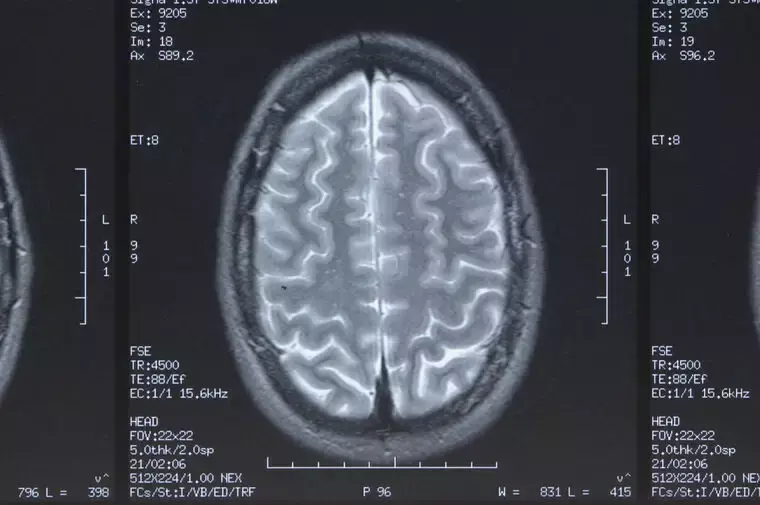In a landmark breakthrough for AI-driven brain aging insights, Mount Sinai researchers have successfully harnessed artificial intelligence to decode the complexities of brain aging and its associated neurodegenerative disorders like Alzheimer’s disease.
Researchers say the newly developed algorithm, dubbed “HistoAge,” could revolutionize our understanding of brain aging and shed light on regions of the brain particularly vulnerable to age-induced changes.
“The aging brain undergoes complex structural and cellular changes that can impact function and increase susceptibility to neurodegenerative diseases,” the study authors note. “Gaining a deeper understanding of these changes is essential for advancing our knowledge of the underlying mechanisms involved in brain aging and the development of age-related disorders.”
The study focused on the hippocampus, a region integral to brain aging and neurodegenerative conditions.
The HistoAge AI system was trained using almost 700 digitized hippocampal section slides from elderly brain donors to estimate an individual’s age at death.
Researchers say the HistoAge model could predict age at death with unprecedented accuracy, marginally off by only an average of 5.45 years, offering profound insights into regions most affected by age-related transformations.
HistoAge also demonstrated strong correlations with cognitive impairments and Alzheimer’s-type degenerative anomalies, making it a reliable metric for investigating the progression of neurodegenerative diseases.
Thanks to AI-driven brain aging insights, researchers say HistoAge could also detect brain aging links with cognitive impairments, cerebrovascular maladies, and protein aggregations that remained elusive to contemporary epigenetic metrics.
The significance of understanding brain aging can’t be overstated. The brain’s structural and cellular evolutions with age influence its functioning and predispose it to neurodegenerative disorders. This makes the insights provided by HistoAge invaluable, as they can help detect early indicators of potential brain disorders.
Emphasizing the importance of these findings, the researchers affirmed that models like HistoAge and similar AI-driven brain aging insights signal a revolutionary shift in medical research. Efficiently introduced in clinical and research settings, AI can provide more accurate, unbiased, and dependable assessments of cellular changes tied to degenerative ailments.
“AI’s disruptive influence on brain research is a paradigm shift propelling us towards the next generation of cures,” Dr. John F. Carey, a physician in the Department of Pathology at the Icahn School of Medicine at Mount Sinai and study co-author, emphasized.
Given HistoAge’s promising results, the research team is gearing up for the next phase, aiming to harness a multicenter collaboration for an expansive AI-ready dataset. The aspiration is to devise more potent AI models to reshape our comprehension of brain disorders.
Echoing the significance of AI-driven Brain Aging insights, study co-author Dr. Kurt Farrell underscored the importance of AI in current medical research.
“Clinical scientists are increasingly using AI in research and diagnostic settings,” Dr. Farrell explained. “It’s a tool that is revolutionizing medicine, and we are excited to be leaders in this space, optimizing machine learning—not to replace our Health System’s commitment to compassionate care, but to improve diagnosis and treatment for all patients.”
“This model opens the floodgates for a slew of fascinating and essential analyses that bring us closer to finally understanding the aging brain and age-related brain diseases such as Alzheimer’s,” added study author and medical researcher at the Friedman Brain Institute, Dr. Gabriel A. Marx. “This is the first time we have been able to put a number to how much aging there is in the brain in pathology.
“With this approach, we can discover genes that protect against brain aging or genes that make aging worse in the brain, as well as discover the environmental risk factors that make individuals’ brains age faster.”
Tim McMillan is a retired law enforcement executive, investigative reporter and co-founder of The Debrief. His writing typically focuses on defense, national security, the Intelligence Community and topics related to psychology. You can follow Tim on Twitter: @LtTimMcMillan. Tim can be reached by email: tim@thedebrief.org or through encrypted email: LtTimMcMillan@protonmail.com

